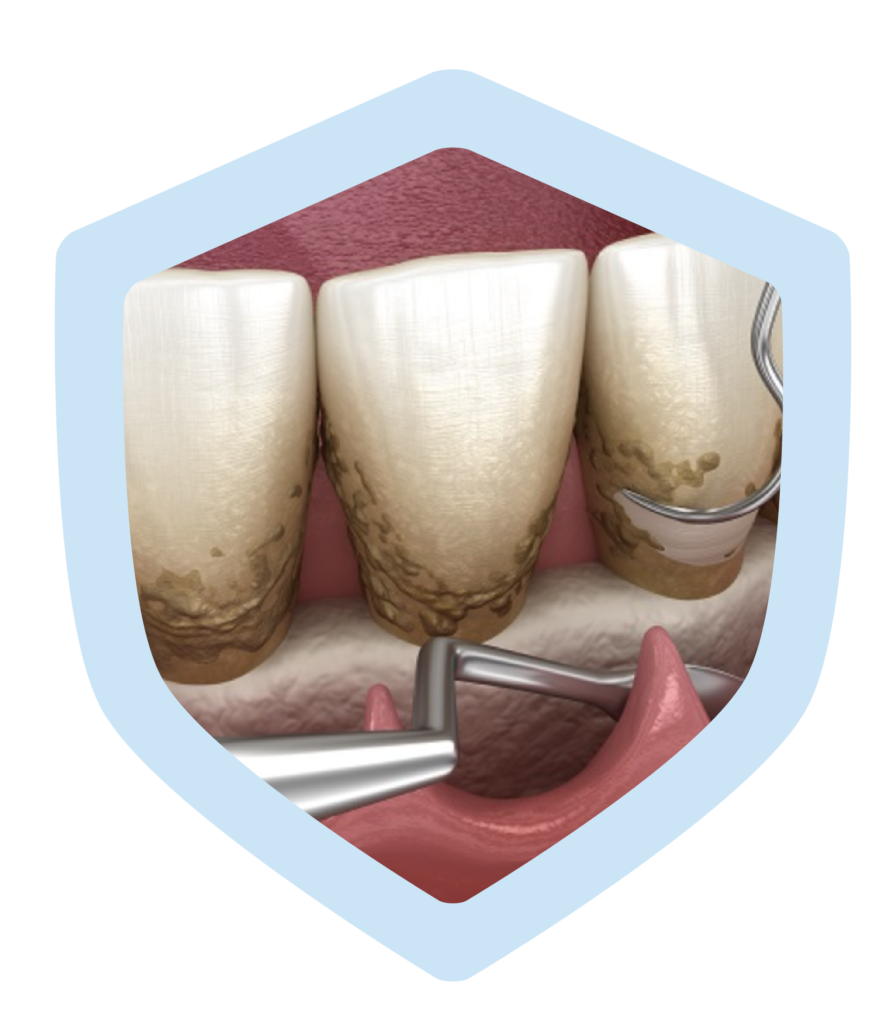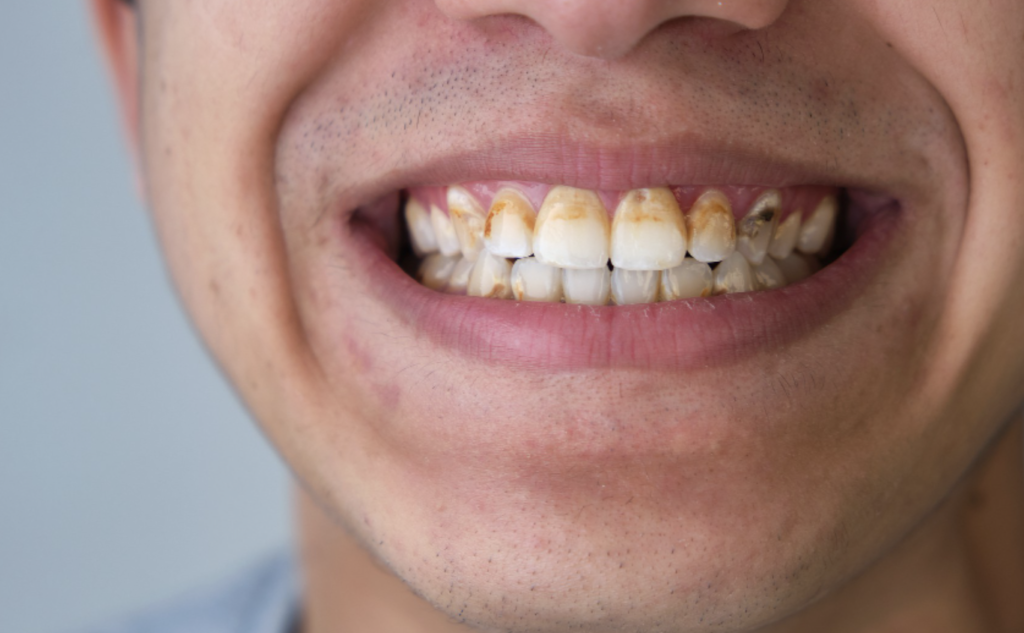Periodontists are specialists in treating periodontal disease, also known as gum disease. While any dentist can treat periodontal disease periodontists are often used to treat severe cases.
These severe cases are usually where the gum is really inflamed, the teeth are starting to fall out, and the nerves get infected and suffer serious damages.
Periodontists are particularly trained to realize diverse treatments with special tools for the succesfuly remove of damaged tissue from these areas.
They can also be of great help in cases where the patient has a complex medical history that requires a carefully coordinated interventions.


In addition to the periodontal disease, periodontists are also skilled in the placement, maintenance and repair of dental implants.
That’s because they have a deep knowledge in the anatomy and function of the tooth and gum area. They’re capable to determine the best locations for implants in specific cases such as the “All-on-Four”, where four implants have to hold an entire arch of teeth. If the implant is not placed correctly, the system could fail.
If you notice in your mouth some of the signs of gum disease, call us immediately.
If you suspect you are developing periodontal disease, be sure to be on the lookout for several signs and symptoms. Some will be obvious, such as receding gums and pus between the teeth and gums. However, other symptoms may be easy to write off at first. If you are experiencing any of these symptoms, we encourage you to schedule a periodontal exam at Oral Novadent:
If you have a fear of the dentist, you’re not alone. Many people have lots of anxiety before getting in the dentist’s chair, worried the procedure will be painful.
However, the team at Oral Novadent wants you to be as comfortable as possible. We work to be as gentle as possible during periodontal exams. Most patients report no or minimal discomfort.
When you visit us for your appointment, you’ll be greeted with friendly and knowledgeable staff.
We welcome any questions and concerns. If this is your first visit, please bring a list of medications with dosage listed and a list of vitamins and supplements you regularly take.
Please bring your dental insurance cards and forms as well for a streamlined process. Our team will let you know of any other materials you need to bring for special circumstances.
Once you arrive at the dentist’s chair, you can expect an in-depth evaluation of your oral health and dental history.
We’ll check for signs of bone loss, abnormal bite, oral cancer, and periodontal disease symptoms. If your referring doctor did not provide x-rays, we might take some of our own.
In many cases, you will be able to keep your natural teeth. However, instances of severe gum disease may cause you to lose your teeth. If this is your circumstance, our team will recommend options to restore your smile.
Many patients opt for dentures, but dental implants are widely known as the best option. Dental implants perfectly mimic the appearance and function of natural teeth, so no one ever has to know they aren’t natural.
Periodontal treatment becomes essential when different conditions affect the well-being of your gums and areas of your jawbone holding your teeth in place.
Periodontal care and maintenance of the proper variety is a requirement for retaining your teeth.
The health of your gums can enhance the appearance of your teeth. Your gums begin to recede, swell or change color to red when they become unhealthy.
In advanced conditions, periodontitis destroys the supporting bone causing your teeth to shift, loosen and fall out.
These changes not only hamper your ability to speak and chew properly but also affect your smile.
Gum disease can also contribute to strokes, Alzheimer’s and heart disease.
Fortunately, there’s plenty you can do at home to reduce your risk of serious gum problems. First, take a look at your oral hygiene regimen. Make sure you’re brushing for at least two minutes twice a day and floss daily.
Ask your dentist about which fluoridated toothpastes to use, and don’t forget to brush along the gums. In addition to your everyday brushing and flossing, consider some lifestyle changes that can protect your gum health.
Develop a healthy diet low in sugary foods that can increase plaque buildup, and ask your doctor if any of your prescribed medications can promote plaque buildup. Don’t neglect regular dental checkups.
Many patients find that their insurance policies cover the costs of periodontal treatment.
Our staff is happy to work with you to figure out how much your insurance covers.
While some plans may not pay for the procedure in full, you may get a significant discount.
If you have a question about periodontal treatment that wasn’t addressed above, our staff is happy to chat with you.
We’re also here to explain any of the above processes and procedures in greater detail.
Whatever concerns you have about severe gum disease, diagnosis, and treatment options, our team can put your mind at ease.

From USA
From Mexico